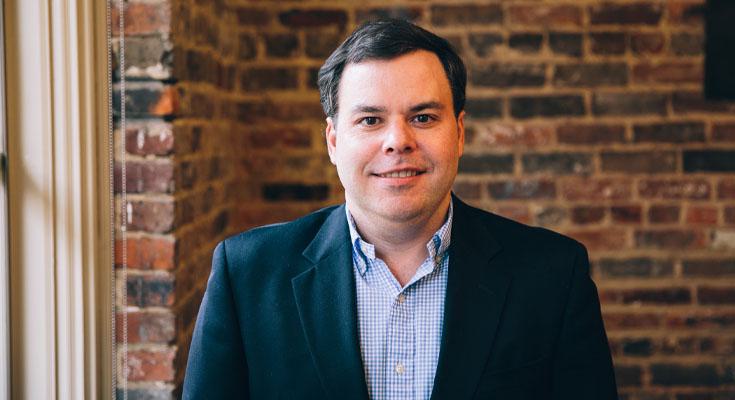More, more, more.
As requests for the state’s fiscal year 2023 Education Trust Fund (ETF) continue to roll in, these lyrics from Billy Idol’s 1983 hit “Rebel Yell” can’t help but get stuck in my head, because that’s exactly what the state’s education leaders are asking for.
After taking more revenue from citizens than ever before in 2021, the state’s top education officials and lawmakers seem poised to use that surplus to spend more than ever.
Just to refresh readers’ memories, the $7.7 billion fiscal year 2022 ETF budget is the largest in state history. The education budget has been bolstered by an additional $4.5 billion in federal stimulus money.
Yet Alabama’s top education officials want more, more, more.
Two big requests came in just last week. One for the state's two- and four-year higher education institutions and another for the state's community college system.
Last Friday, the Alabama Commission on Higher Education (ACHE) board approved a 17.53% increase in spending, bringing its proposed budget to more than $2 billion for fiscal year 2023. Among the reasons for needing more money were capital expenses as well as more competitive salaries (i.e., pay raises), for higher education staff.
While the ACHE board was approving the massive budget increase, it acknowledged that it is unlikely the recent growth of Education Trust Fund revenues can be maintained.
If you know the recent revenue surge can’t be maintained, then why approve a budget increase that is nearly three times the current rate of inflation? It is not sustainable, and the likely result is that at some point in the future, proration will be declared and the state will be forced to borrow from its rainy-day reserves. The state’s two rainy-day funds are intended to lessen the impacts of an unexpected revenue shortfall, not to cover for intentionally irresponsible budgeting.
Jim Hood, deputy director of ACHE’s financial and information systems, again recognized that the current influx of money is not sustainable and said that some of the requested increase should be treated as one-time money. If that were the case though, and there is a legitimate need for a one-year increase, then that should be done through a separate appropriation, not embedded into ACHE’s current budget that will be used as the new baseline moving forward.
Just days before ACHE asked for more, more, more, the Alabama Community College System (ACCS) board approved a budget request that includes a 14.8% funding increase in 2023. As they were approving the budget increase, the ACCS board also found time to give Chancellor Jimmy Baker a $50,000 pay raise to $383,000 per year. Baker received a more than $36,000 raise in 2019.
That is not to question Chancellor Baker’s worth. But it does beg the question, if the ETF has record revenues, billions in federal stimulus money, and can afford to give raises to all K-12 employees and an $86,000 plus raise to its community college chancellor in the past three years, does it really need more taxpayer dollars?
The State Department of Education, which oversees K-12 schools, started its quest for more, more, more months ago.
In September, Alabama State Superintendent Eric Mackey said that he would request an $800 million increase for K-12 schools in 2023. At the time Mackey commented that “The amount of [state] money we think is going to be available this year is going to be phenomenal.” The ETF budget saw a $900 million revenue increase in 2021. Mackey wants to put some of that money towards a second straight year of K-12 employee pay raises.
I don’t know about you, but I wouldn’t call taking more money than the government needs from citizens a “phenomenal” outcome. And where have bigger education budgets gotten Alabama students? ETF spending has increased by 44% since 2010. Alabama schools still rank near the bottom in national rankings.
Alabama has been trying the more, more, more approach to education budgeting for years. What does the state have to show for it?
Justin Bogie serves as Senior Director of Fiscal Policy at the Alabama Policy Institute. The views and opinions expressed here are those of the author and do not necessarily reflect the policy or position of 1819 News. To comment, please send an email with your name and contact information to: Commentary@1819News.com.










